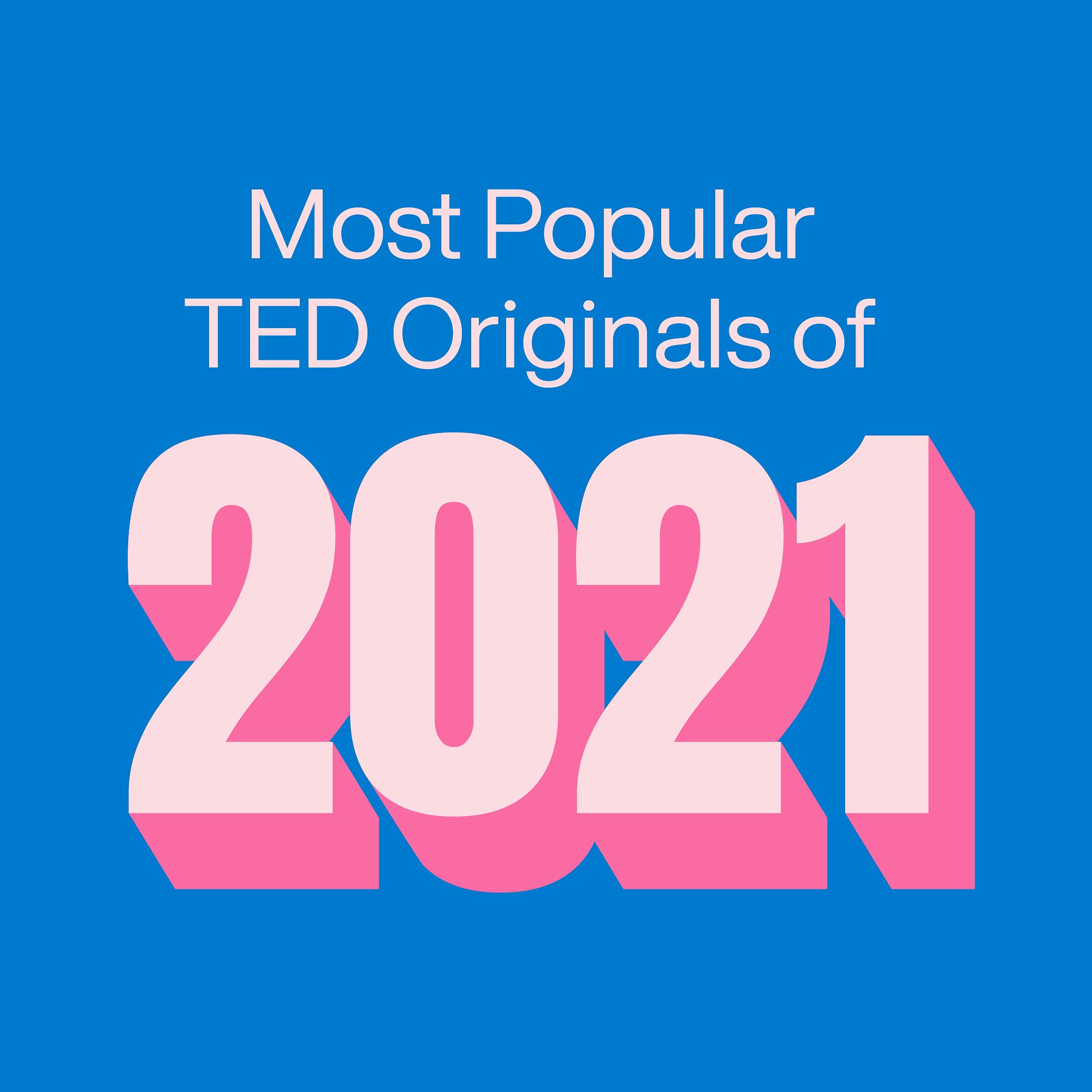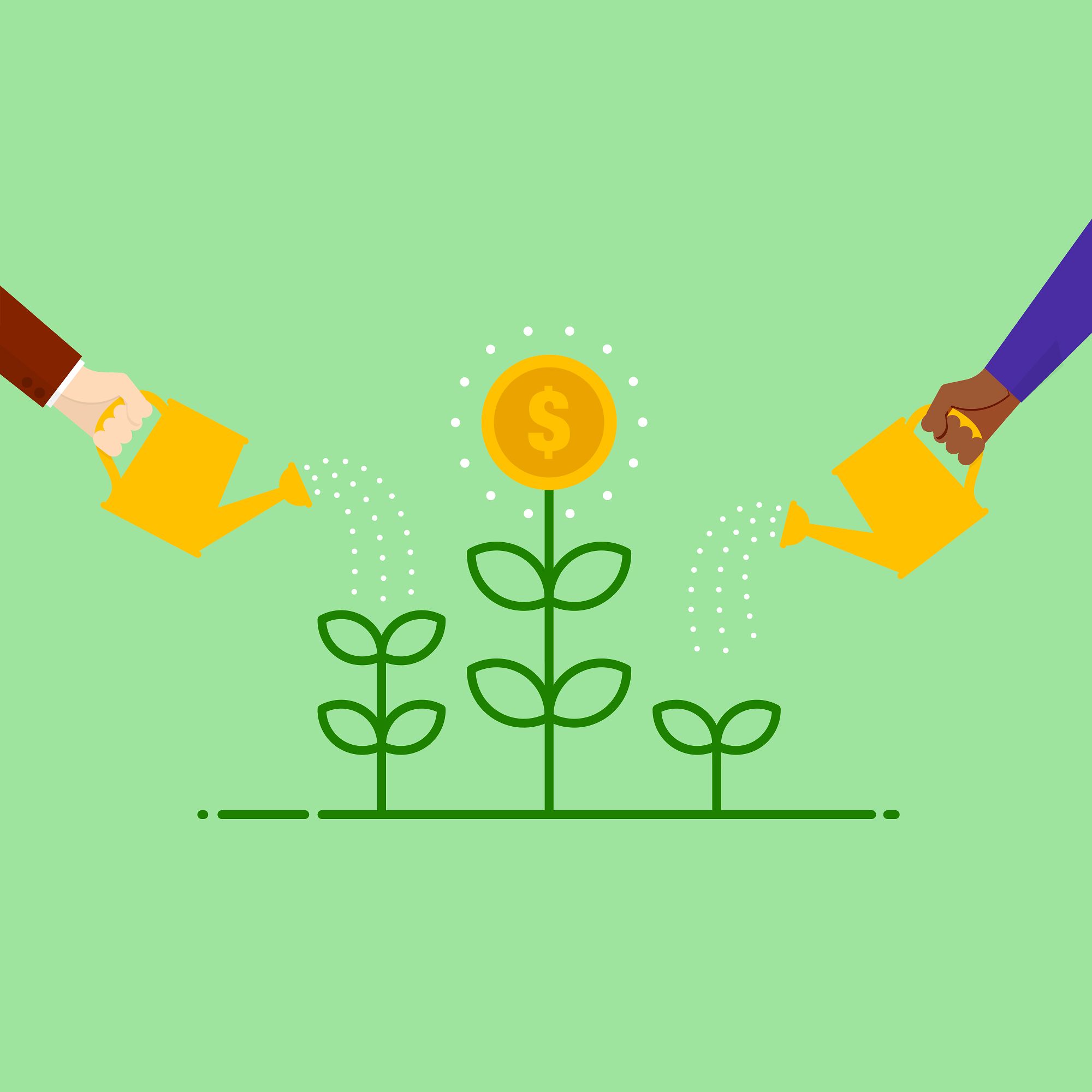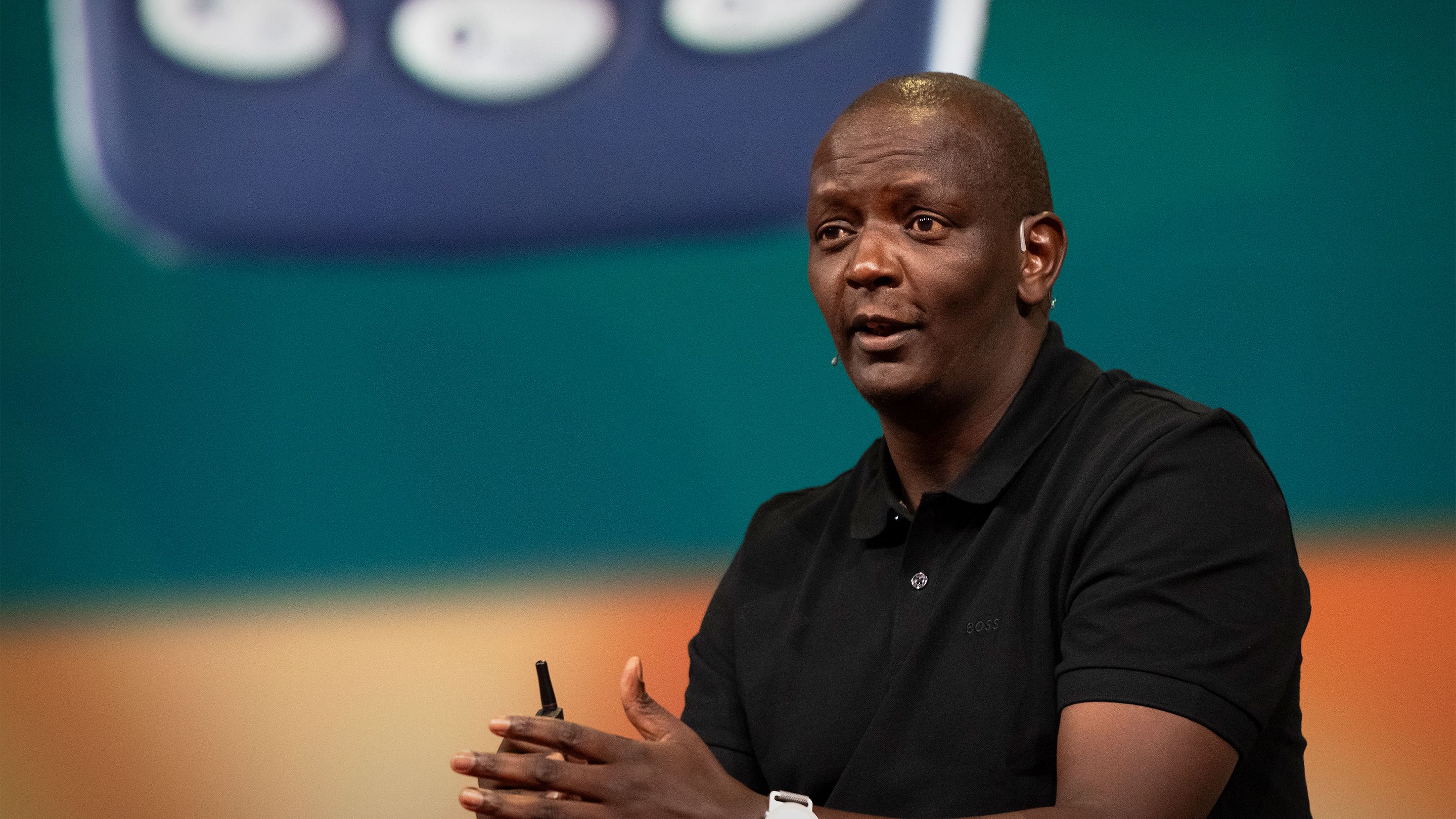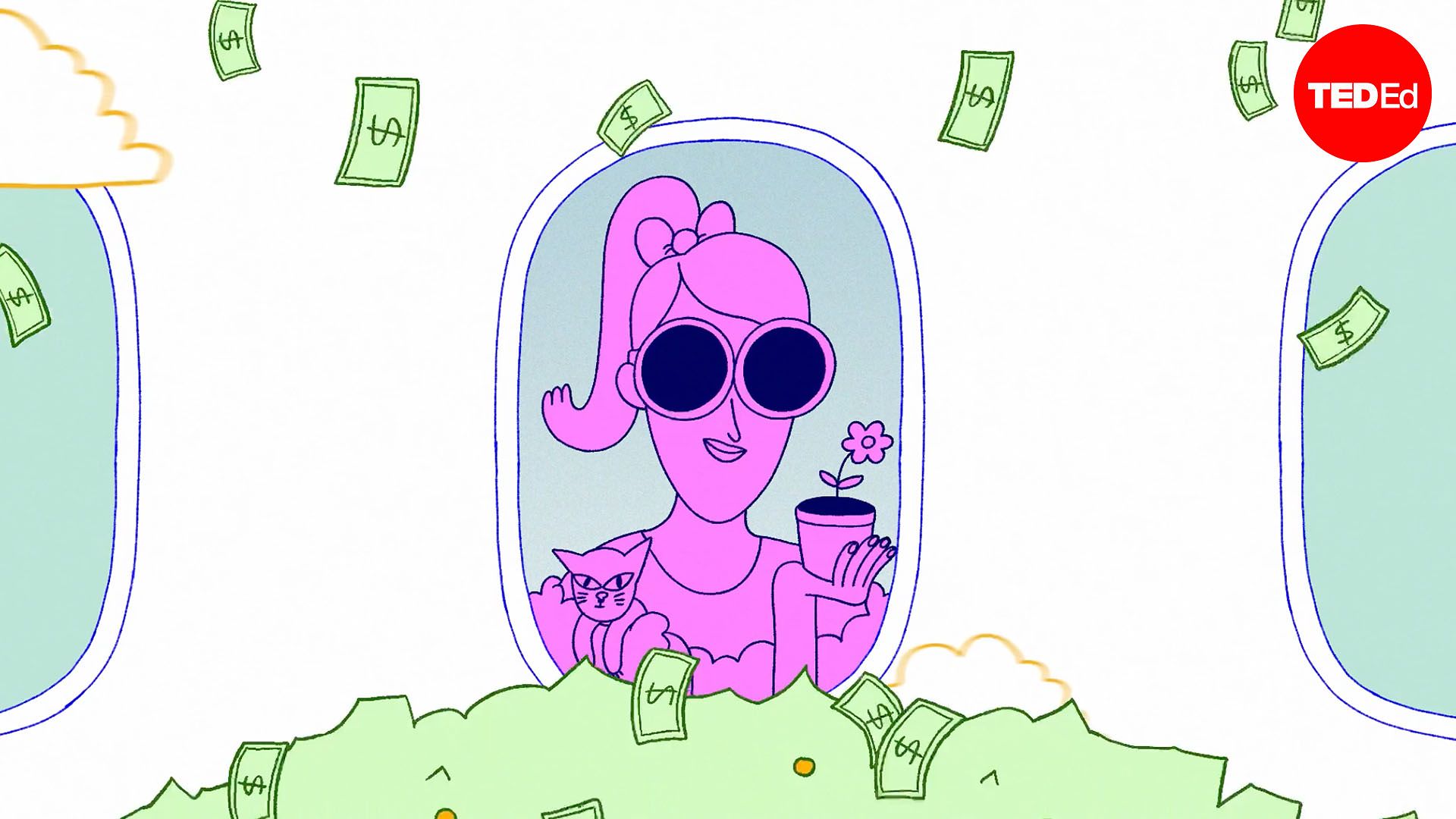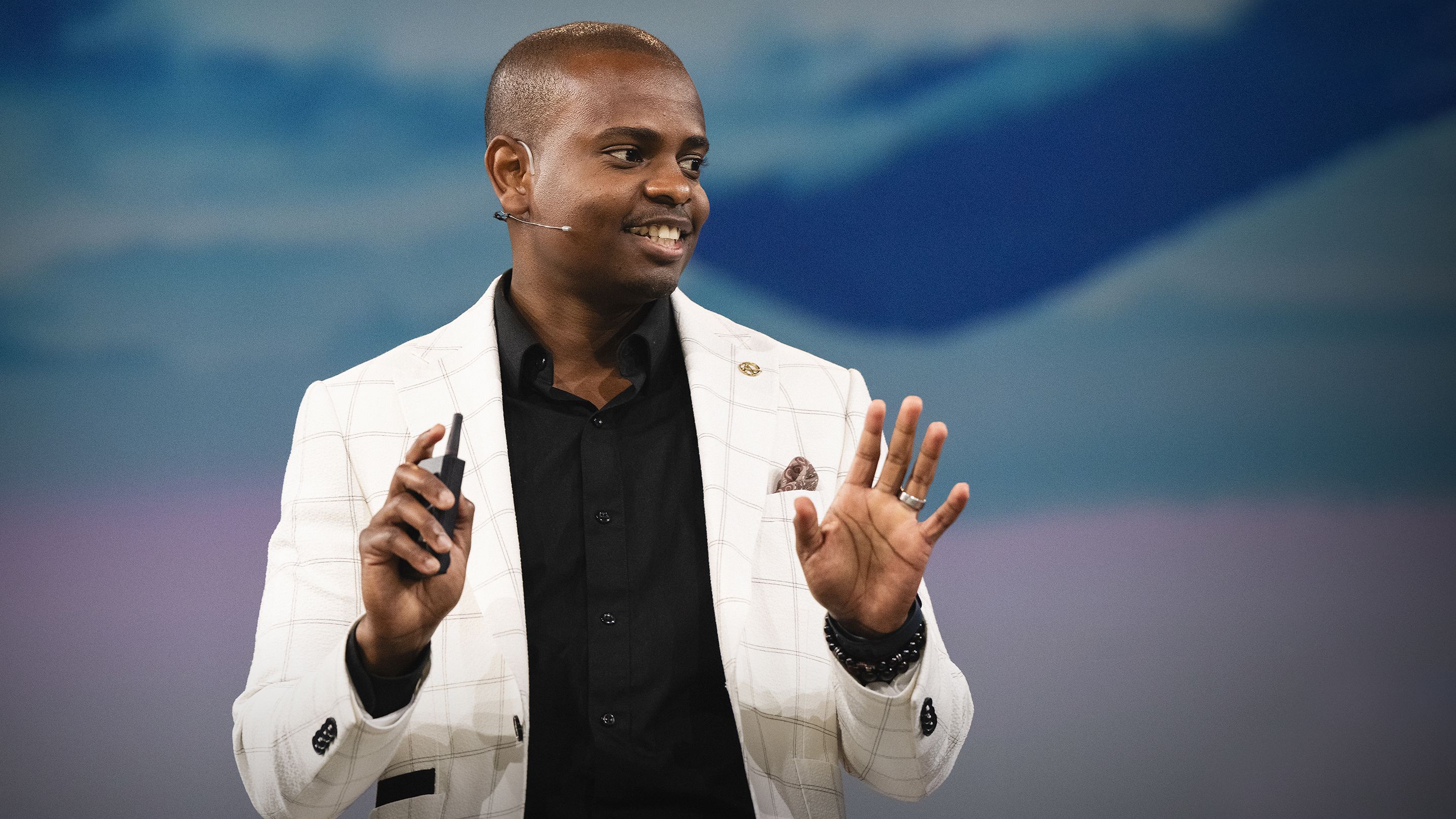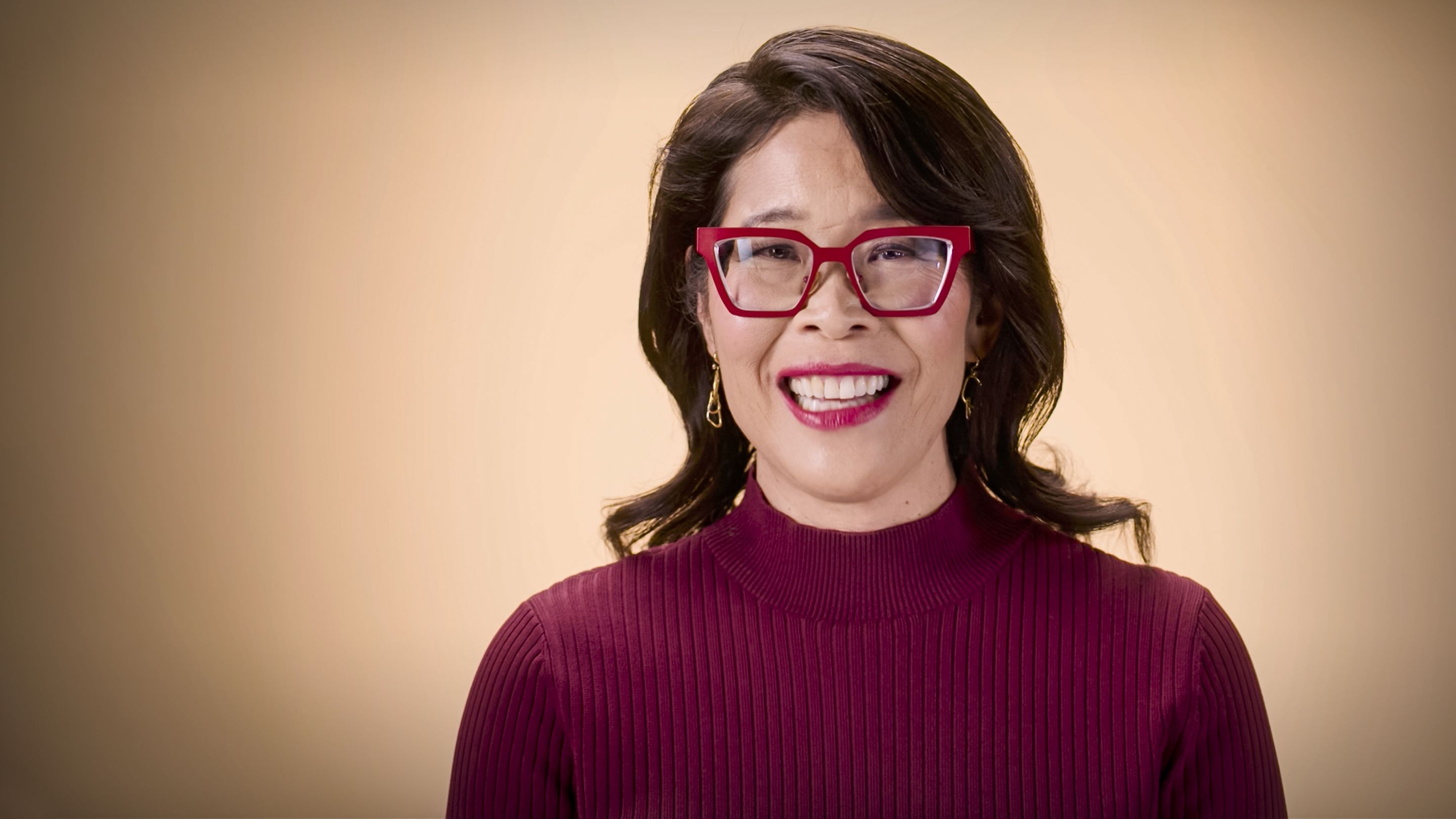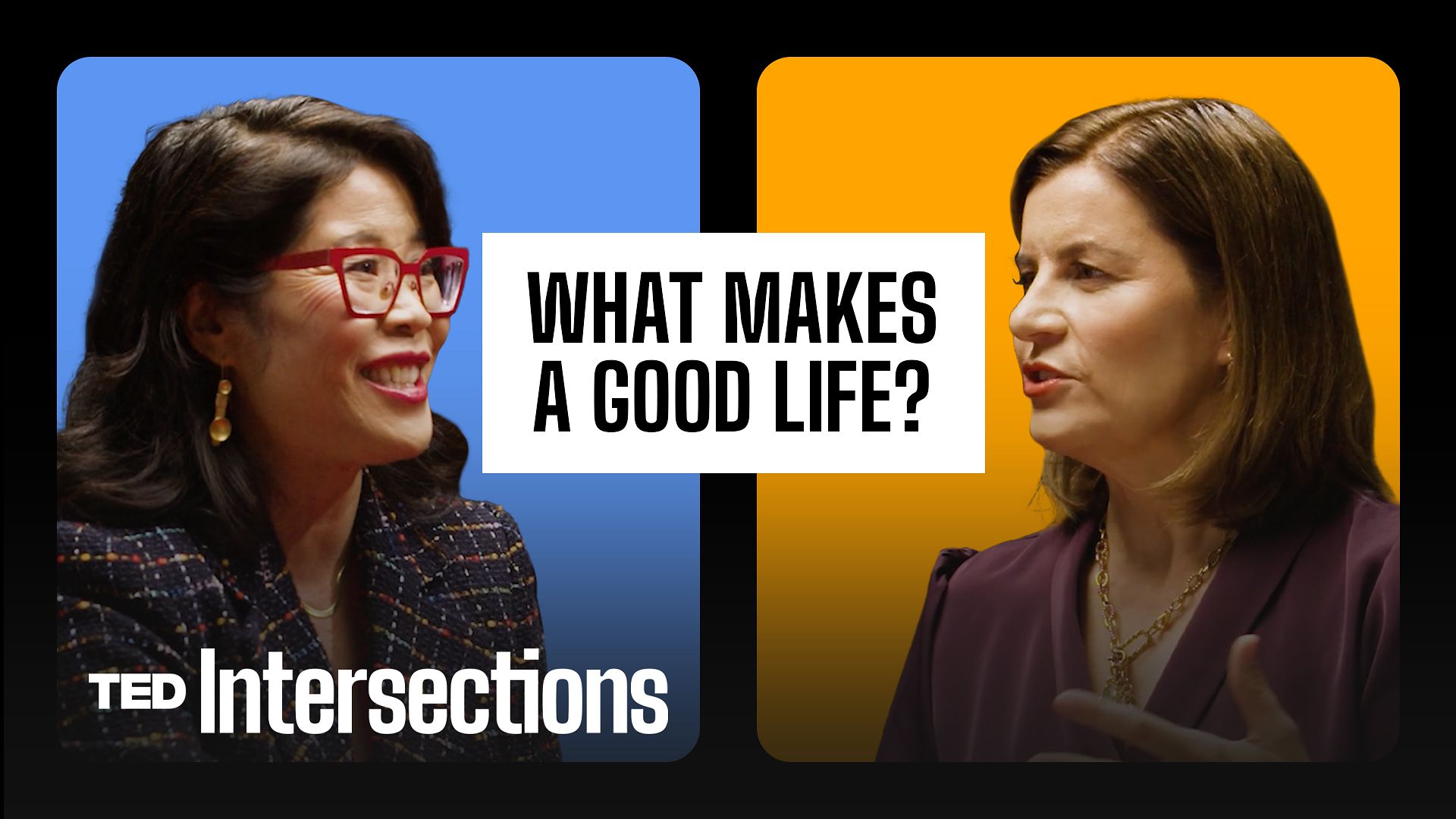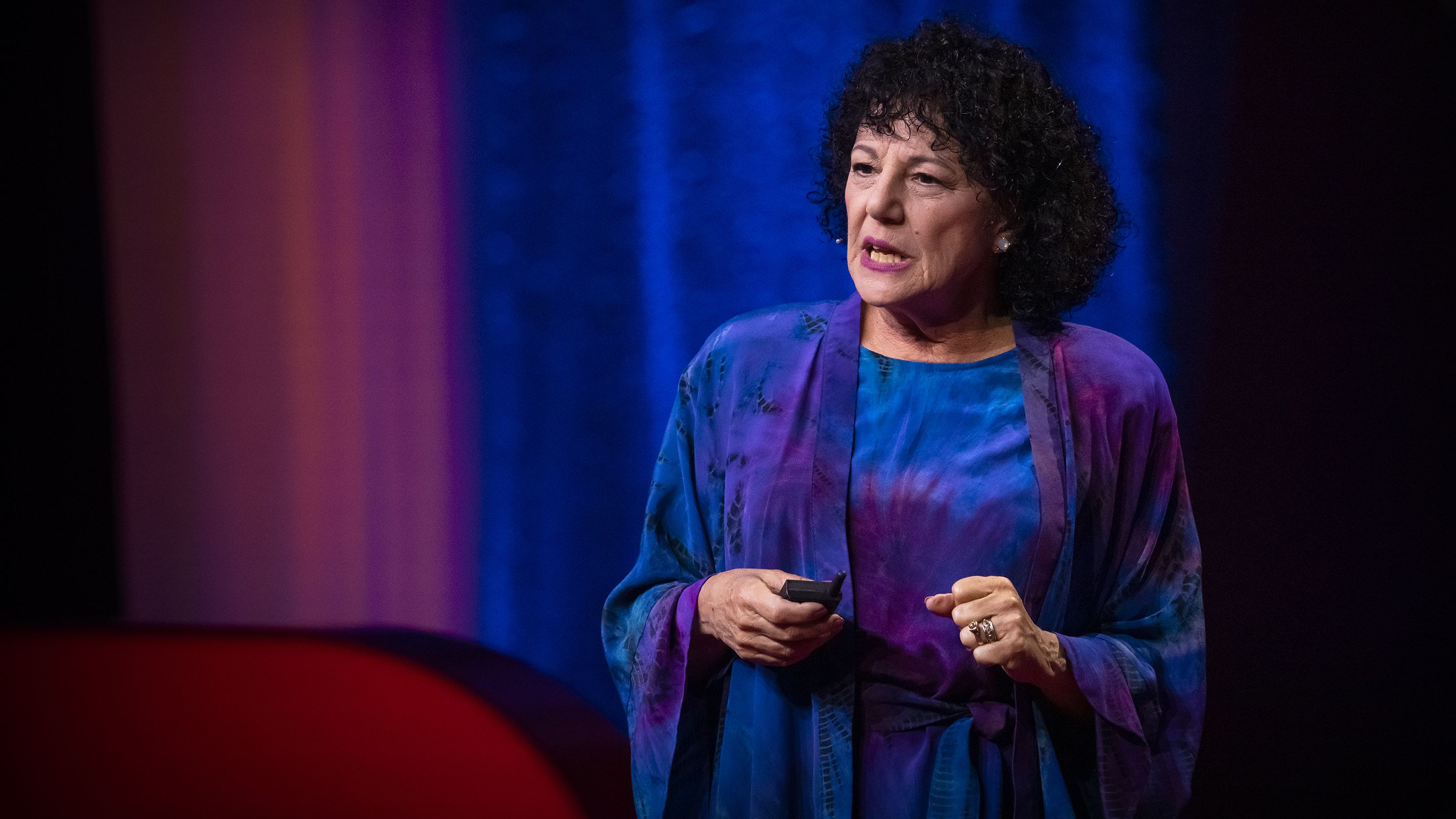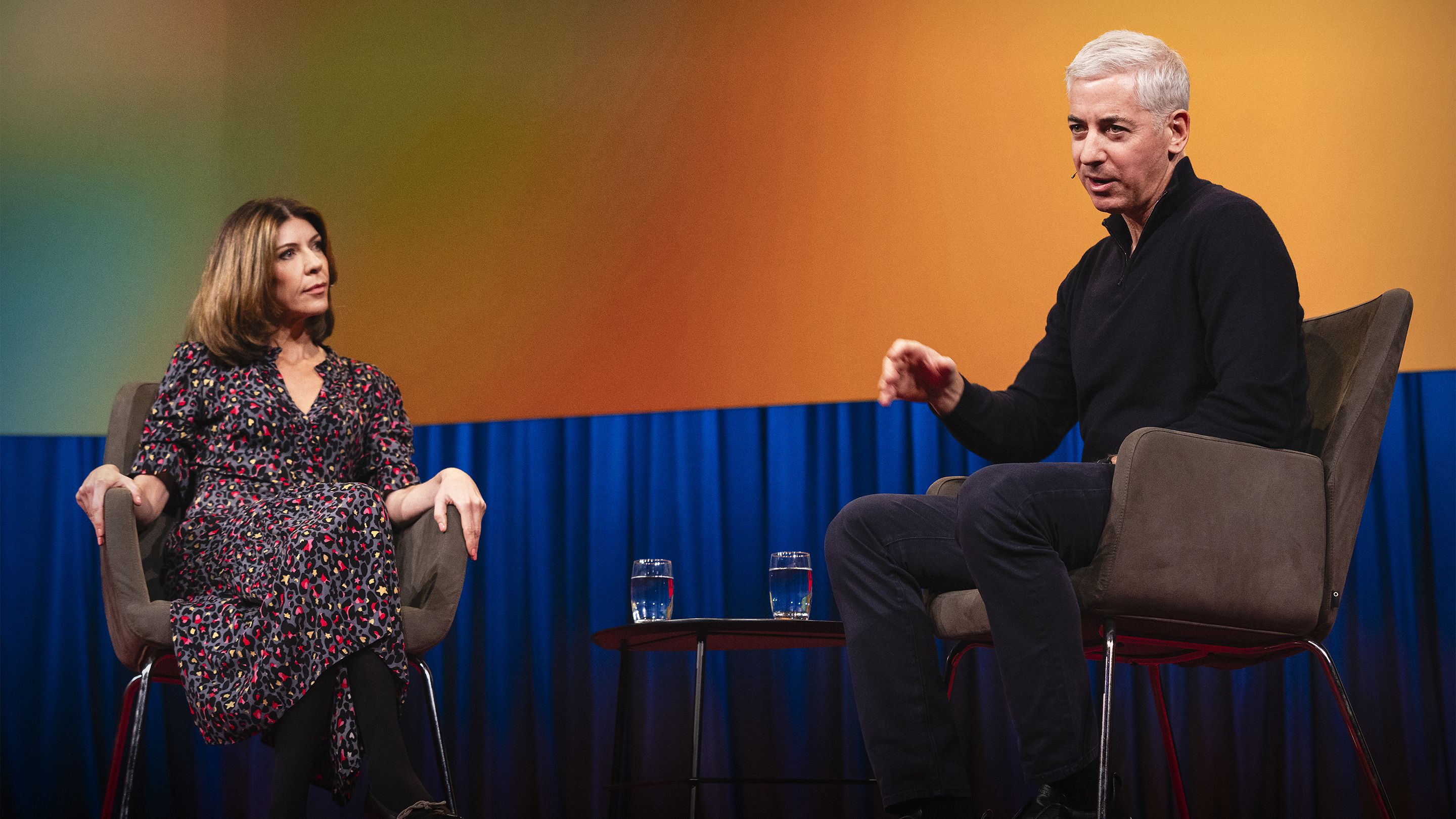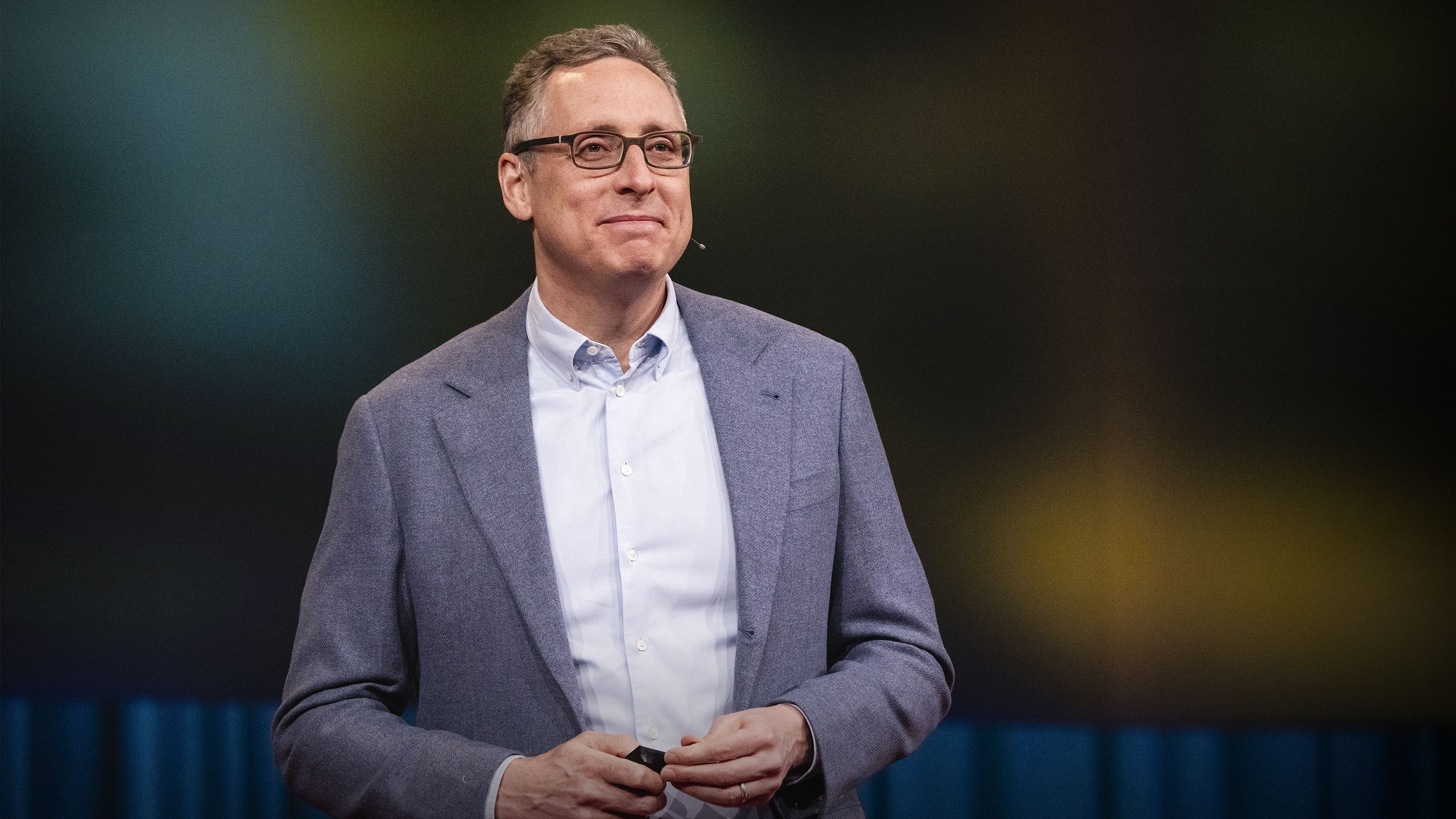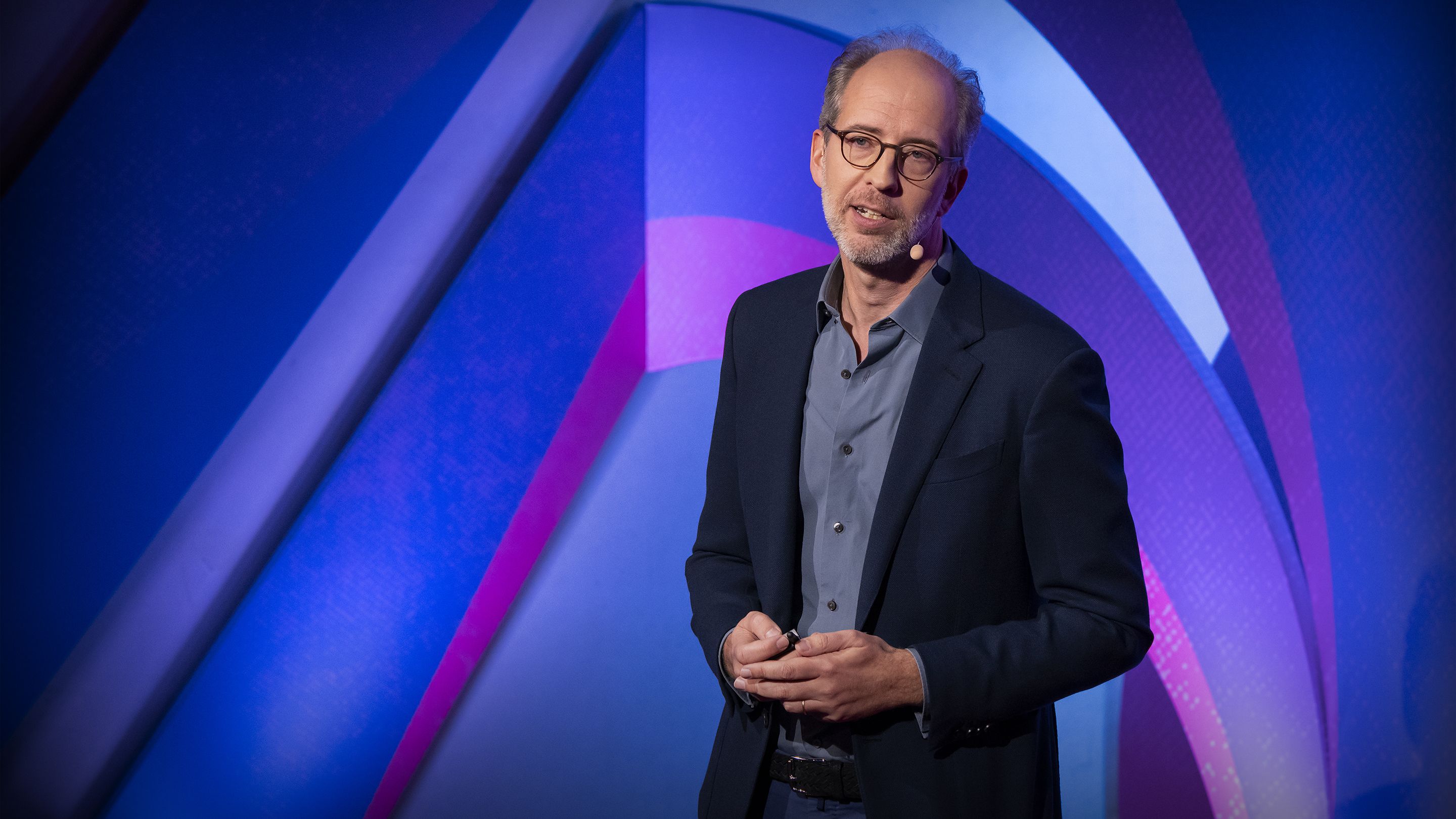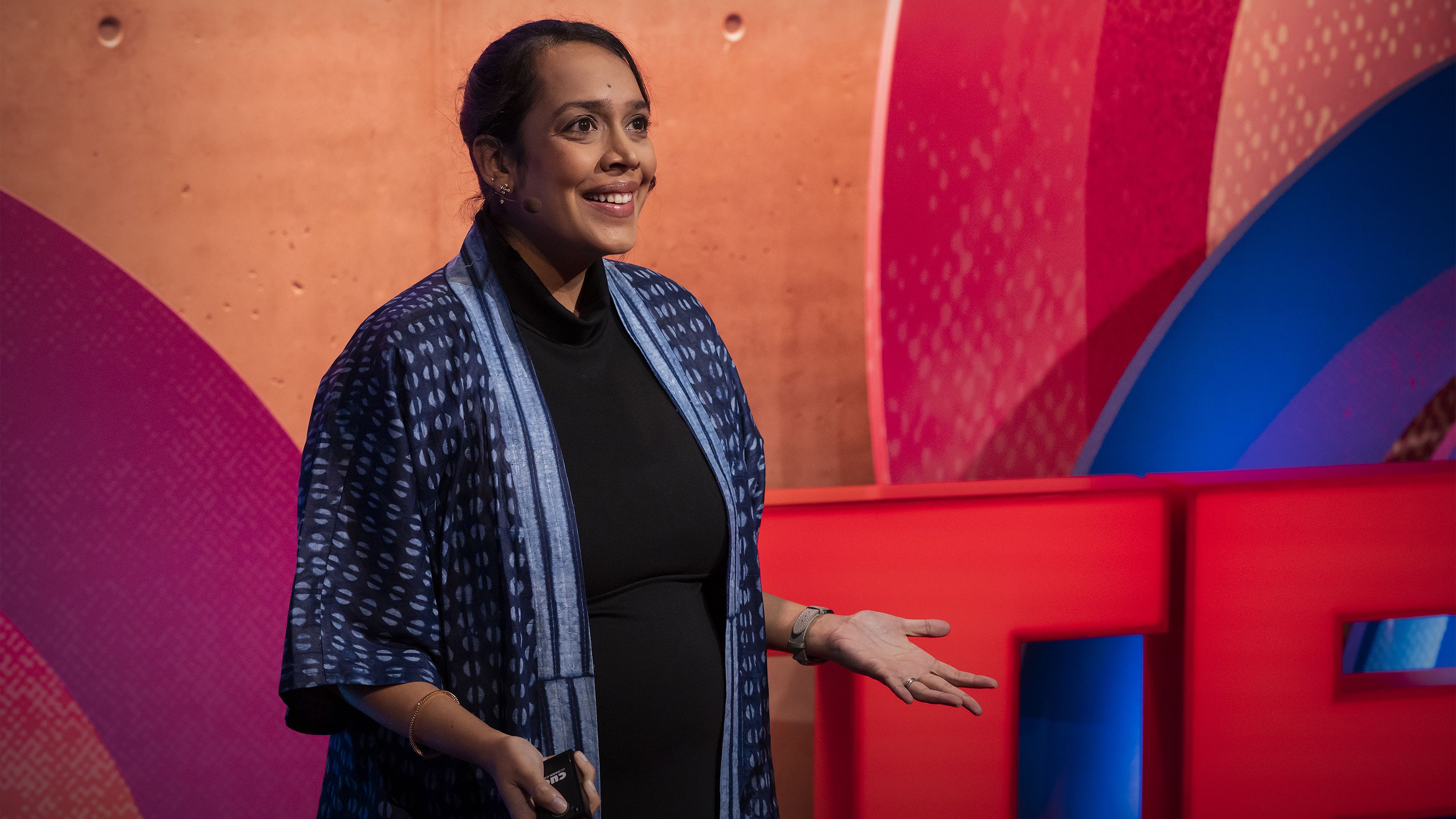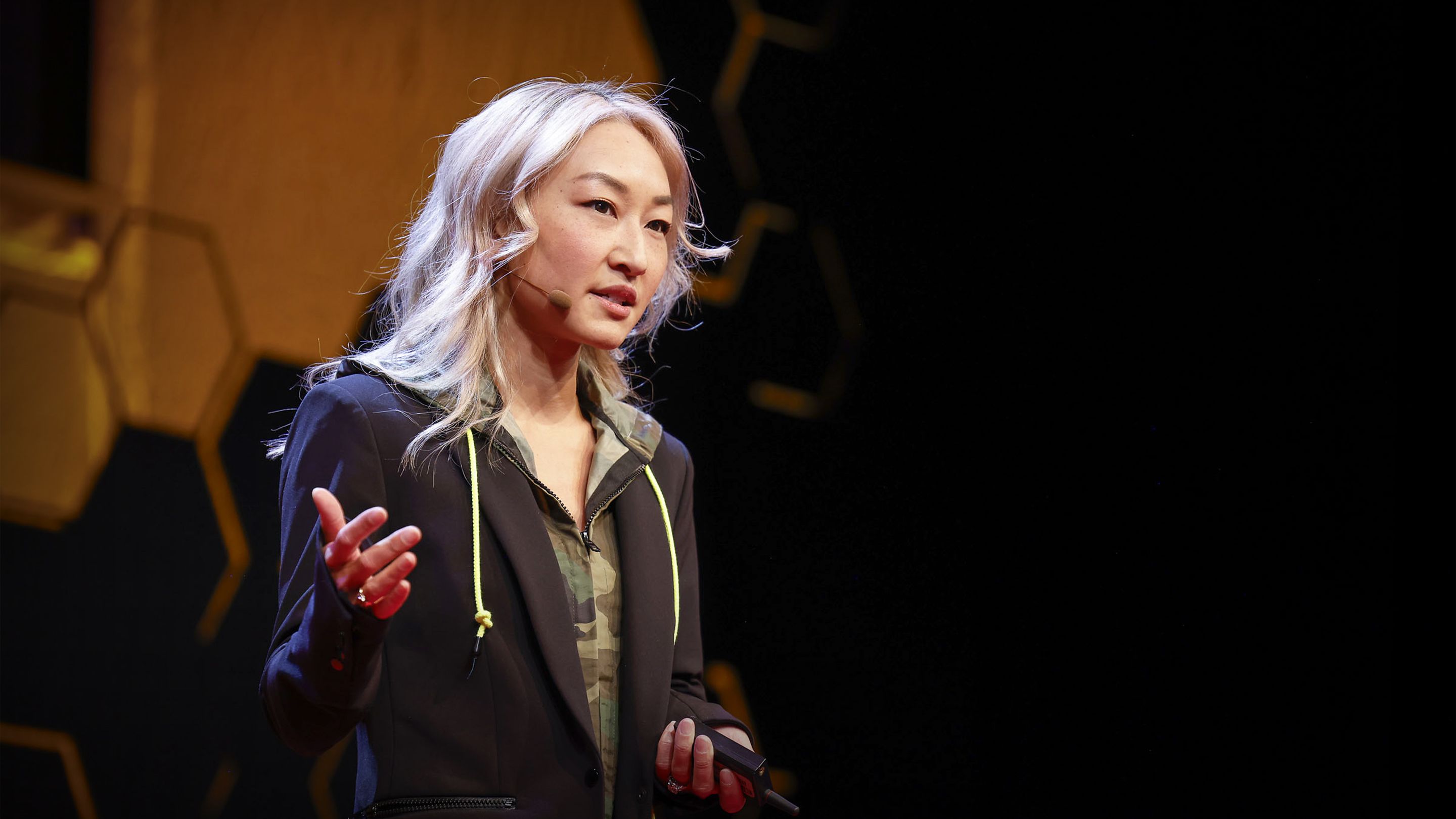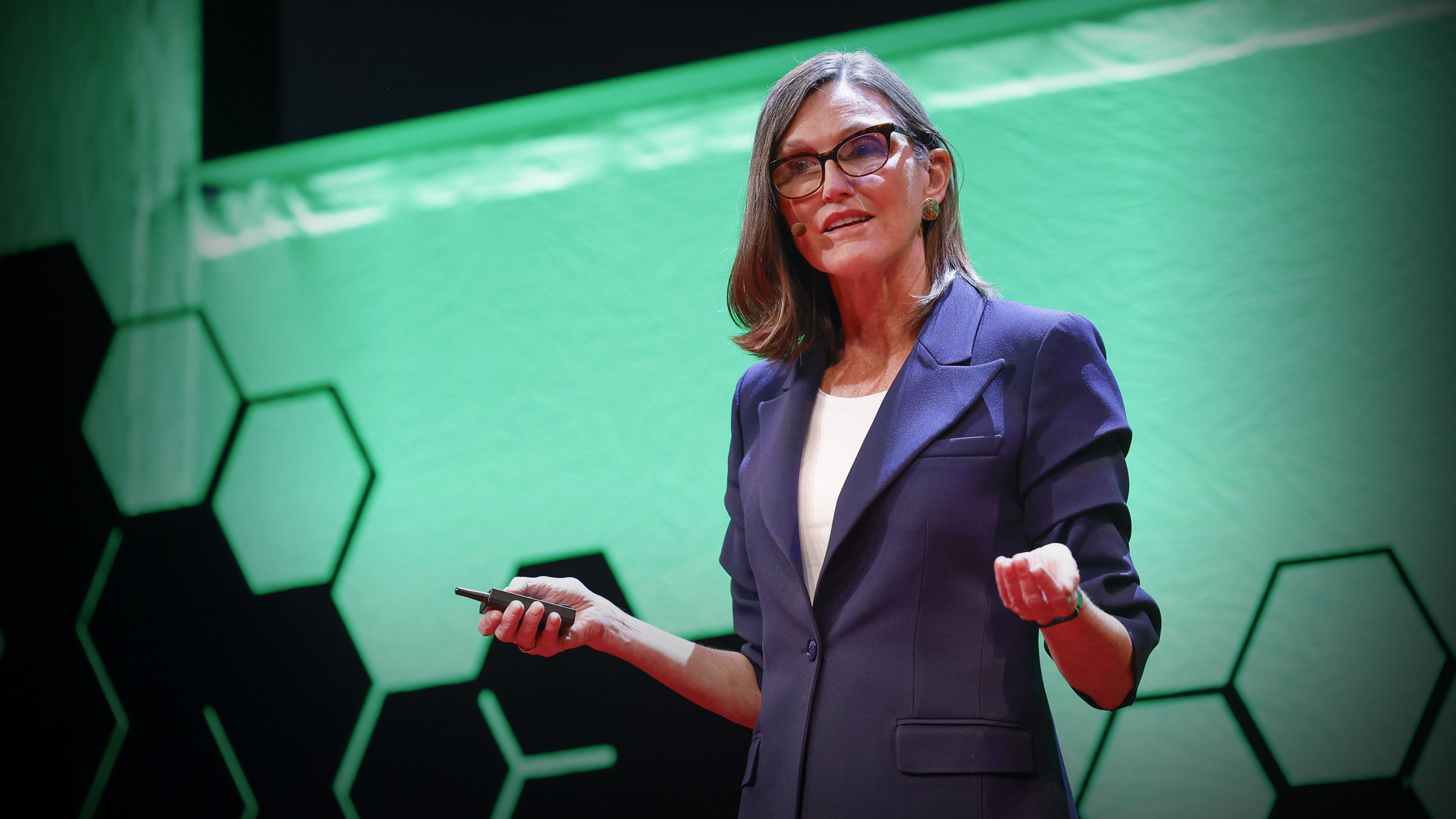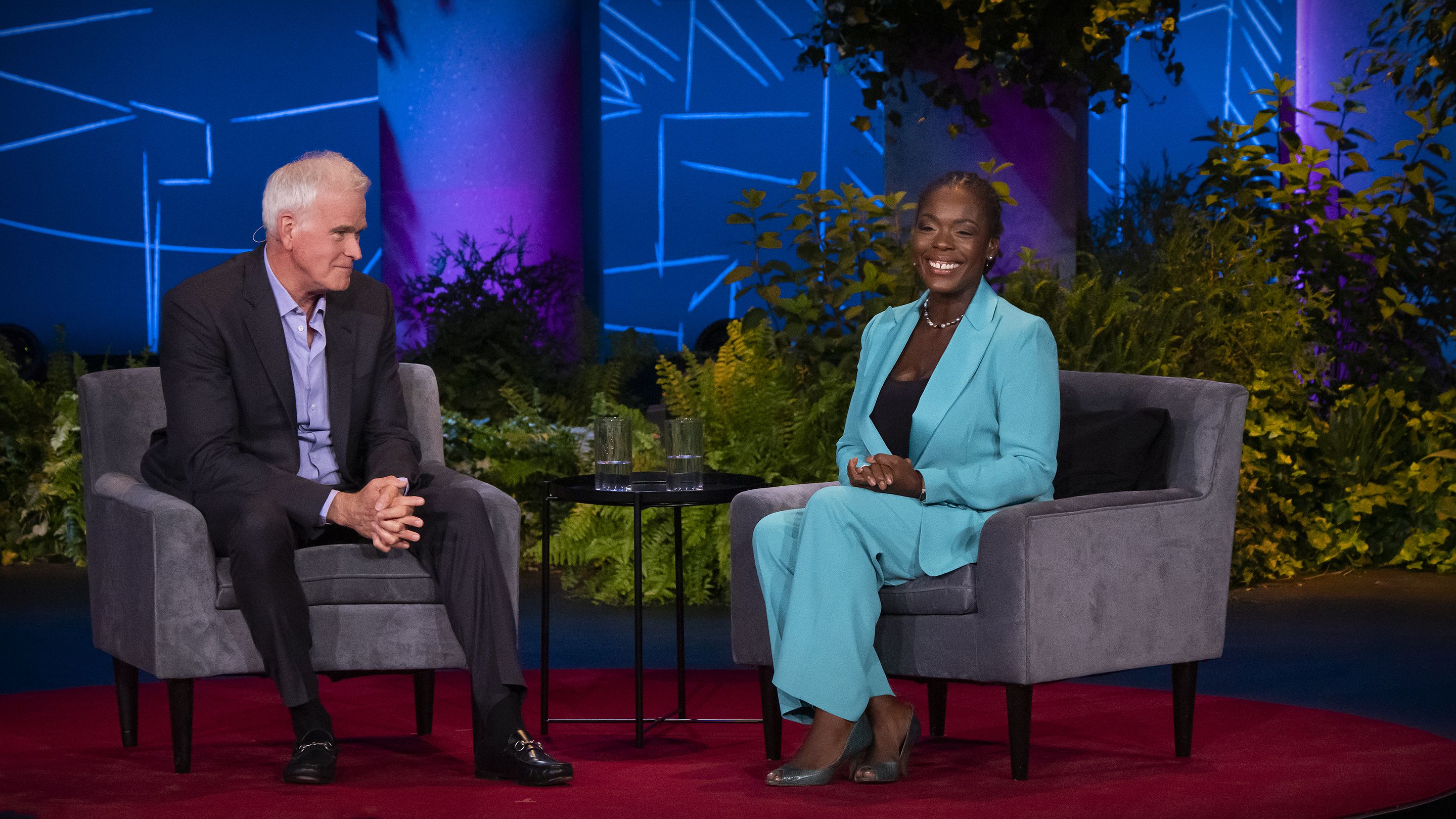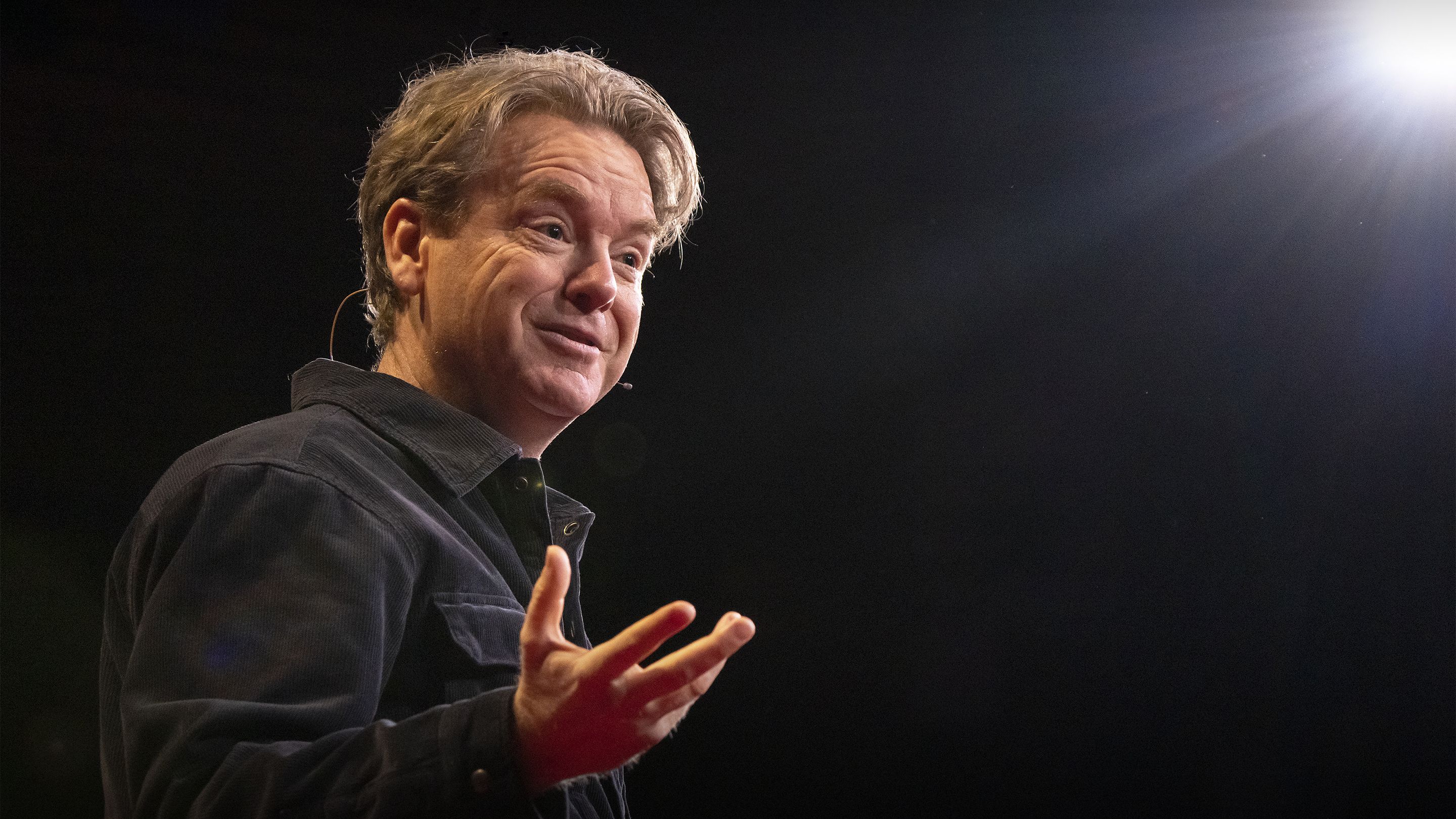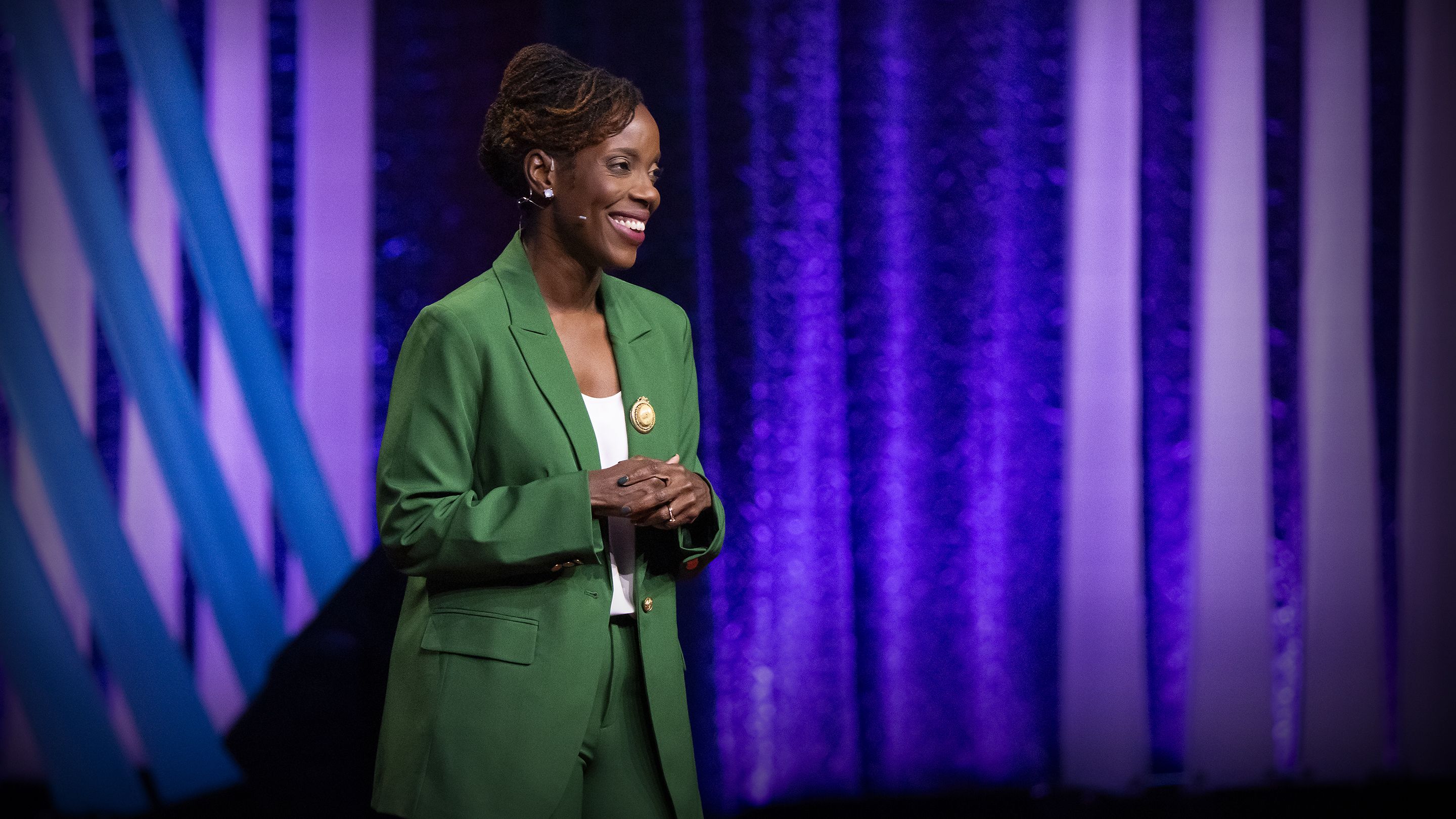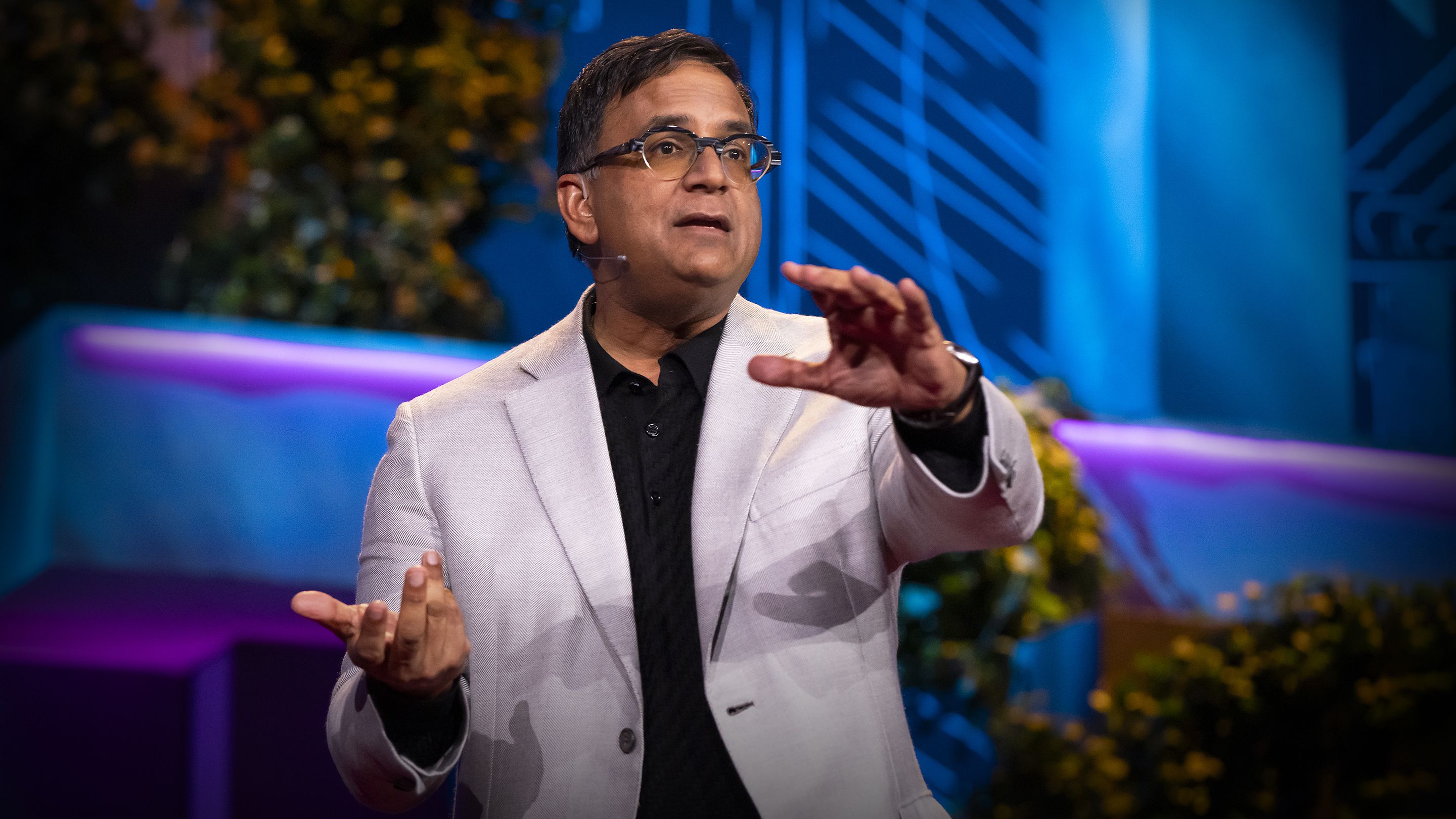Finance
A collection of TED Talks (and more) on the topic of Finance.
Video playlists about Finance
See all playlists on Finance
Talks about Finance
See all talks on Finance
Exclusive articles about Finance
6 signs you’re overspending, plus 4 tips to get back in control
Want to save more and spend less? (Who doesn't?) Author and financial whiz Paco de Leon shares a quick, no-skill, low-effort system to start putting your financial life in order.
Posted Feb 2022
How financially literate are you? 3 things you should know about your money
Most of us received little guidance or instruction on how to handle money when we were growing up, but that's OK -- we can start learning now, a little bit at a time. Financial expert Natalie Torres-Haddad begins with the basics.
Posted Oct 2019
Why your city should think about starting its own currency
Want to support local businesses? Here’s an idea that could help your community and the independent shops you love.
Posted Jul 2019

